The most important thing during your own fermentation is hygiene. Whether in your own home or on a large scale, if kombucha is fermented under the right conditions, you can drink it daily without worry. There's a reason this tea beverage is so popular in many households. However, the same applies here: everyone reacts differently to different foods. Therefore, we recommend approaching this special beverage with its many positive properties cautiously. You will best find out for yourself how much is good for you and how your gut reacts to the beverage. If your gut is a bit challenged at first, you can easily get it used to the fermented tea beverage with small doses. This way you can benefit from the probiotic effects and diverse microorganisms.
Not everything that says Kombucha actually contains it
Therefore, be sure to pay attention to the ingredients when purchasing. Unnecessary amounts of sugar or various artificial ingredients have no place in unpasteurized, live kombucha. Ultimately, as with any conventional soft drink, too much sugar and unnecessary artificial additives are not part of a healthy, balanced diet. Pregnant women and children should generally avoid this tea beverage due to its low alcohol content.

Make kombucha hygienically at home
As mentioned at the beginning, it's very important to follow various hygiene guidelines when fermenting at home. In the past, if there have been any cases of discomfort, it was almost always due to the delicate kombucha being contaminated with foreign germs during home production. Therefore, always follow these four important hygiene principles during fermentation!
Hygiene principles for kombucha fermentation at home:
- Always wash your hands, the containers, and all accessories you use thoroughly with hot water before use.
- The fermentation vessels should be made of glass. A breathable cloth should always be used to cover the jar. A simple rubber band can be used to secure it.
- As soon as you discover mold (not to be confused with natural SCOBY deposits), immediately discard the entire kombucha culture and its liquids.
- If a strange smell and color develop during fermentation that are unusual for kombucha, you should stop the fermentation with this batch.
For now, we wish you many more soothing and refreshing kombucha moments that will do you good and that you can enjoy. Cheers!



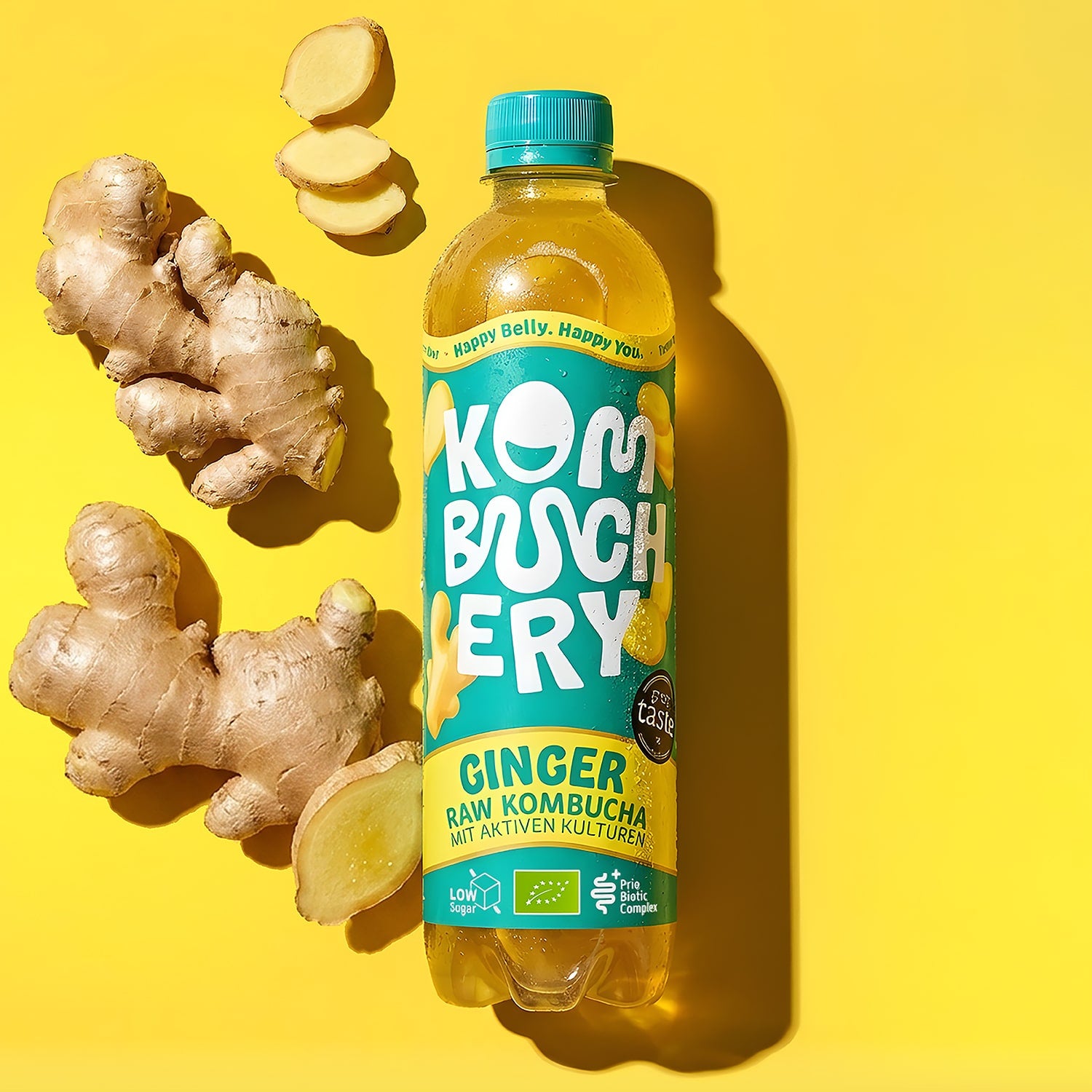

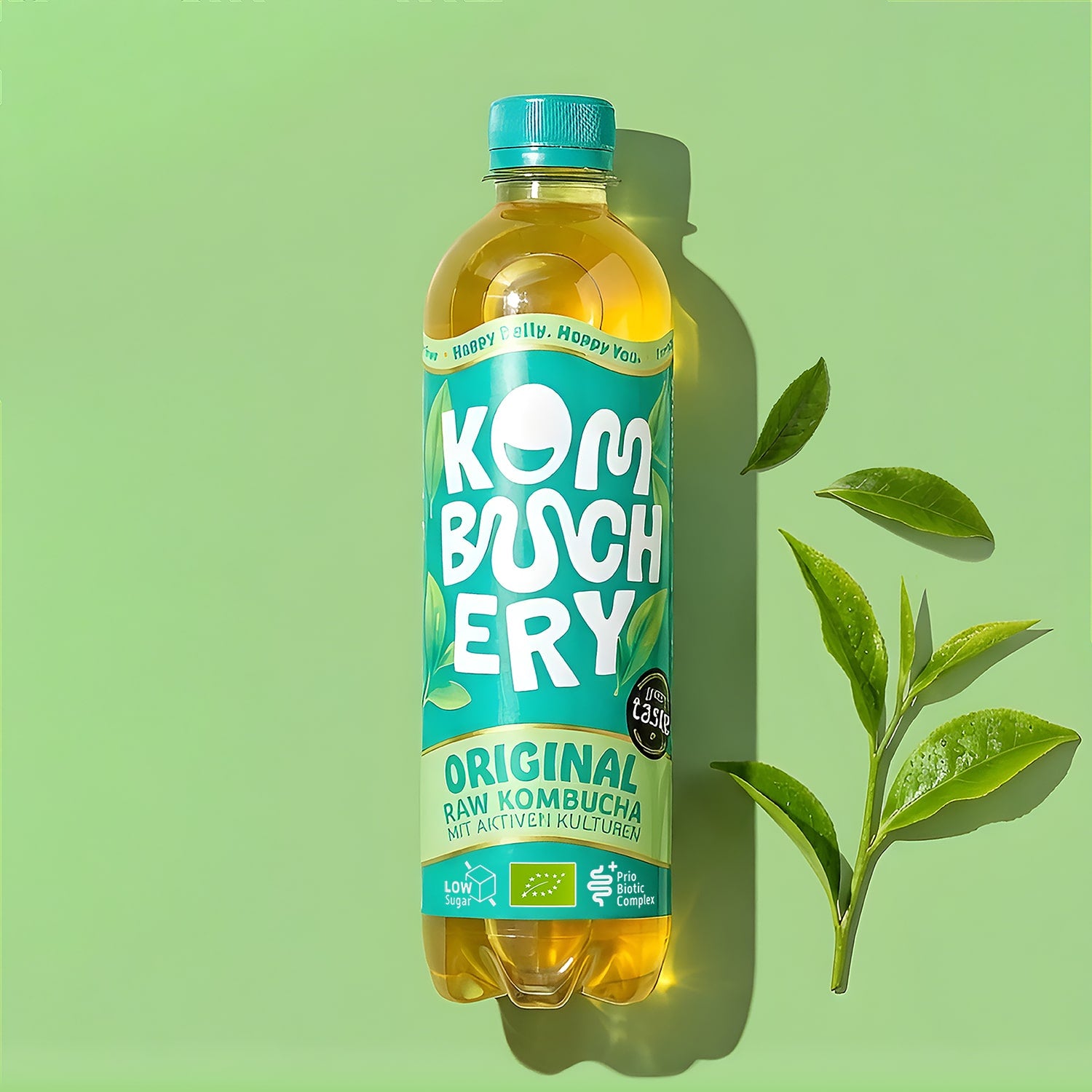

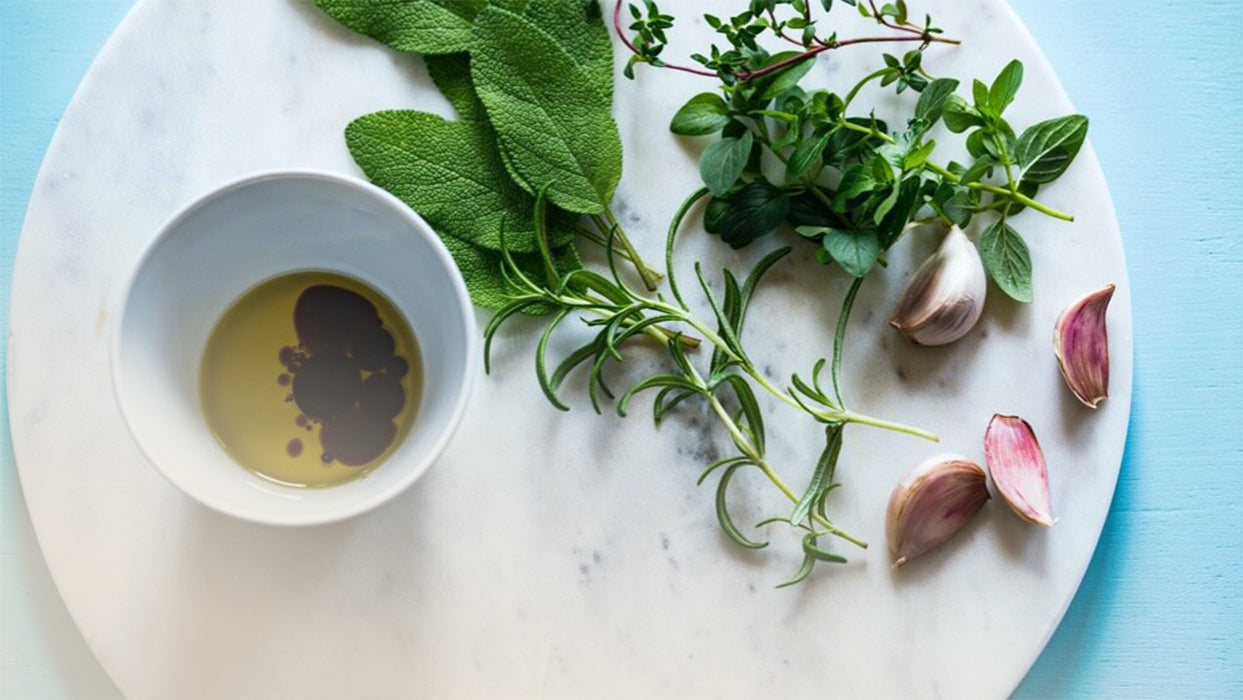


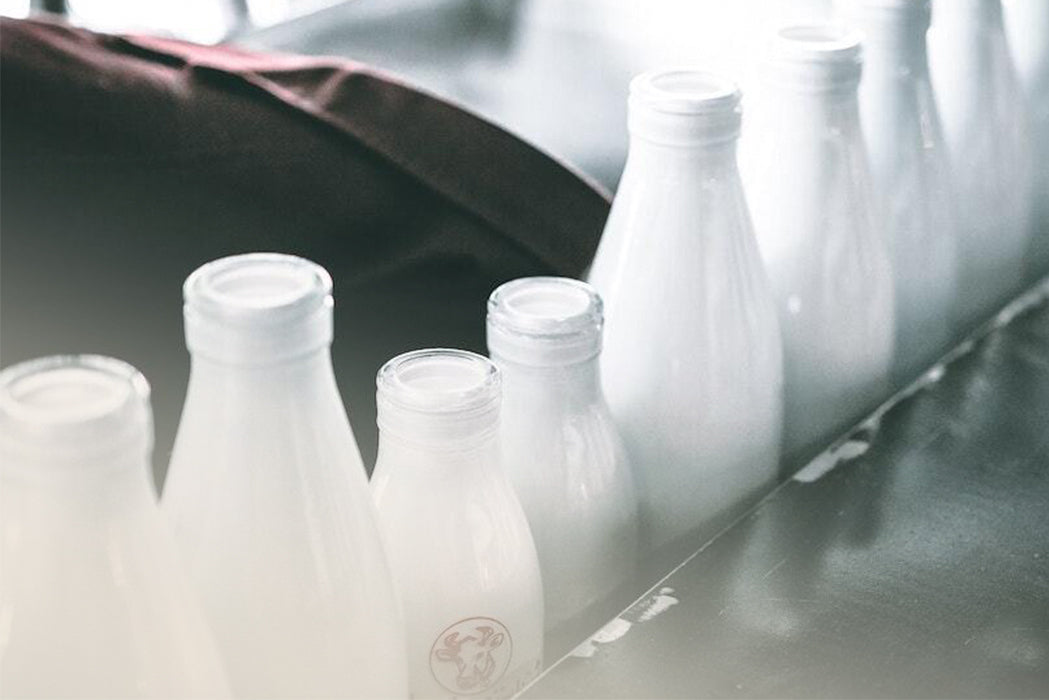
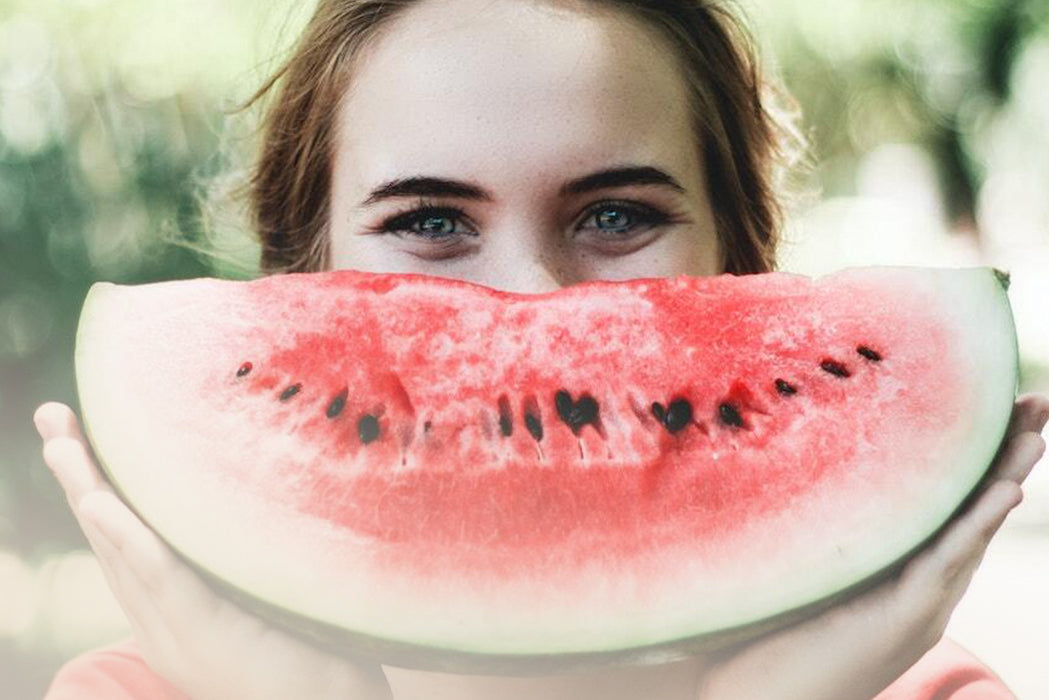
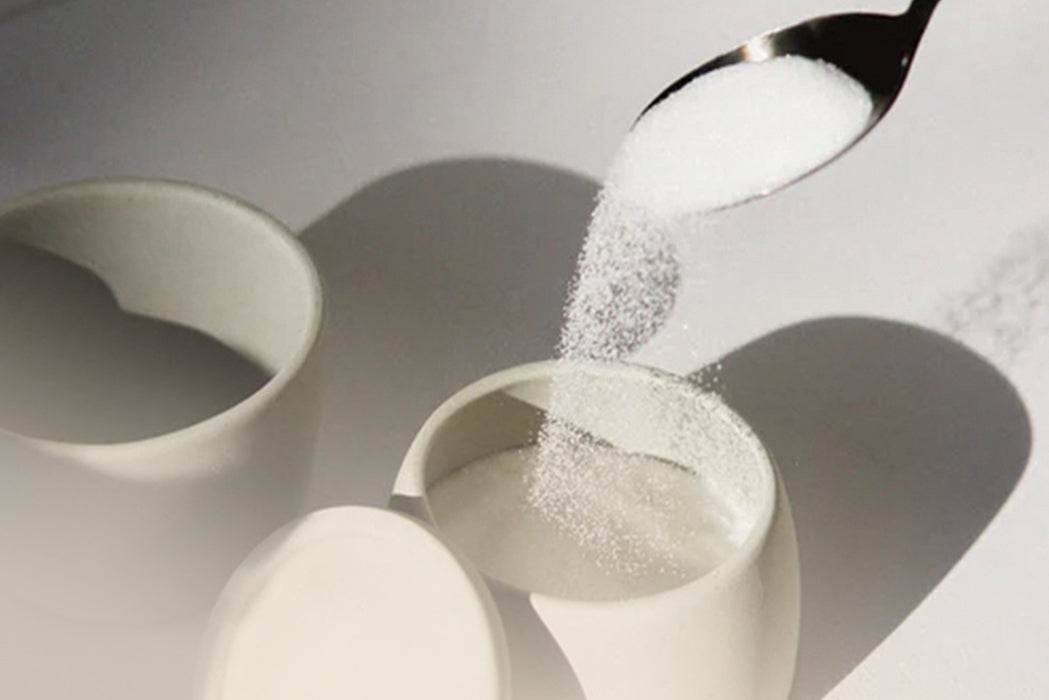
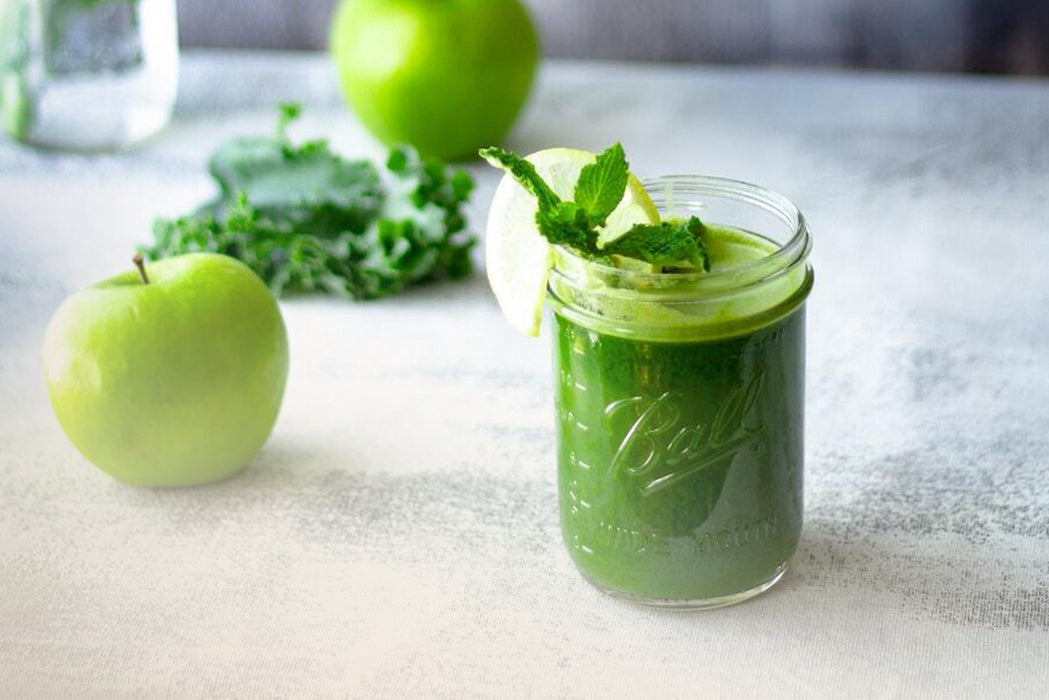
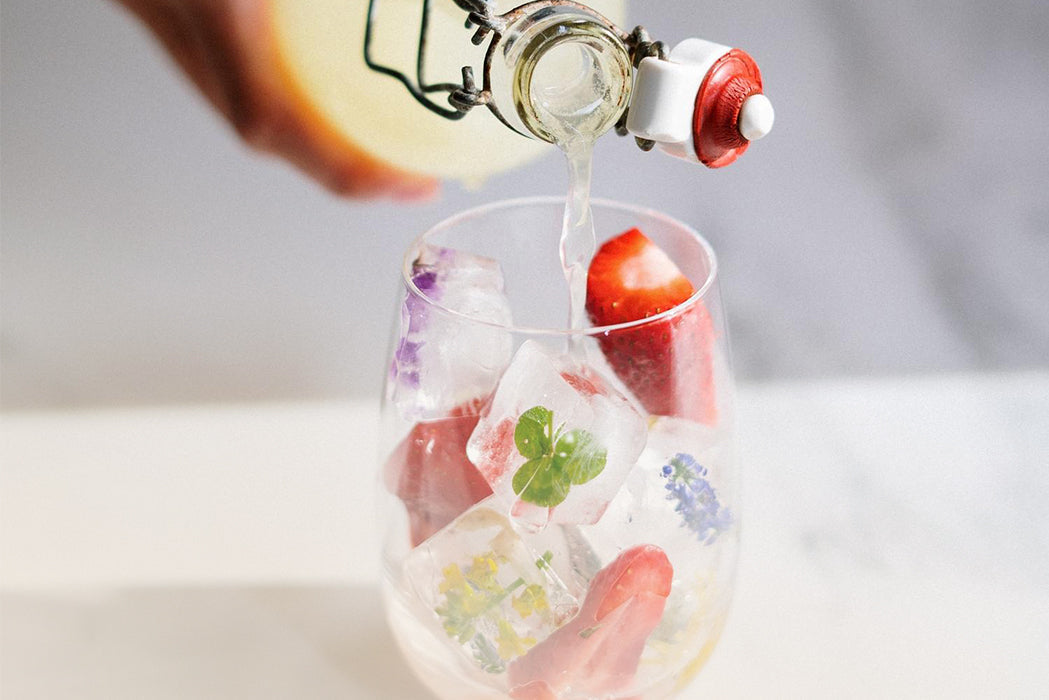
Split: